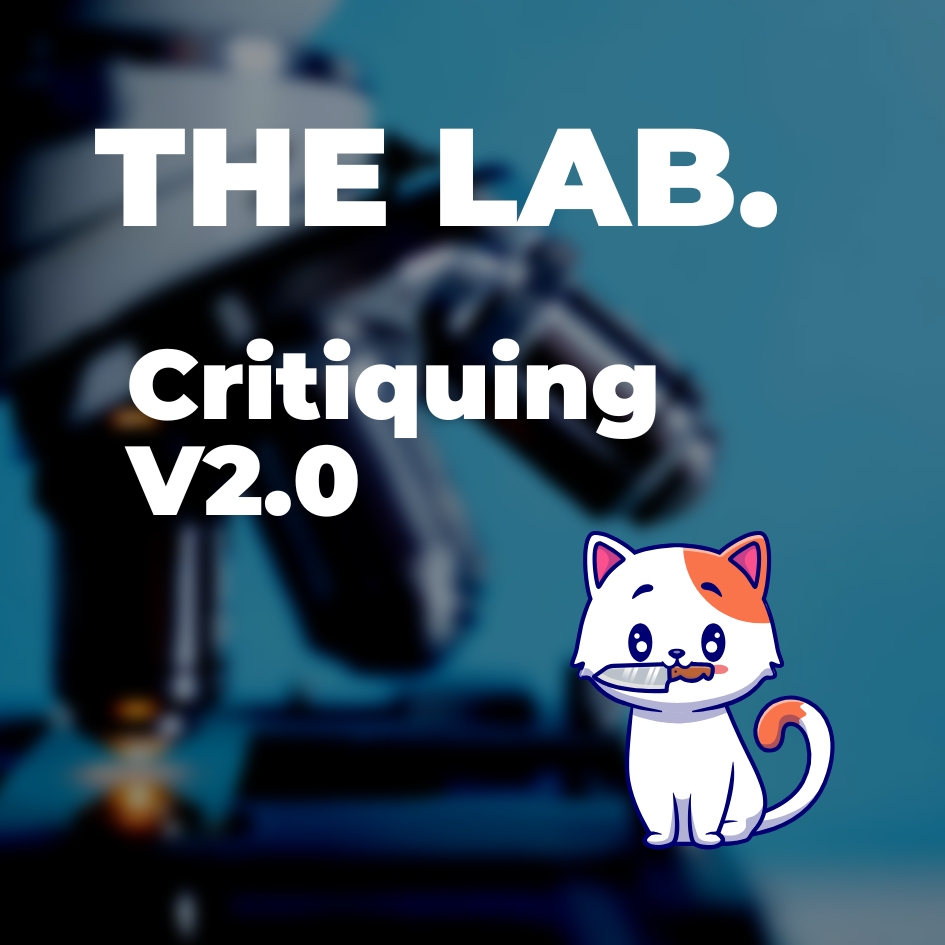Richard Sutton
Flash Club Supremo
When I read, I hate slowdowns. One of my pet peeves are long sections of "inner thoughts' that are presented in First Person POV with no quote marks or anything else to key the reader that "this is inner thought". As a result, I use it sparingly in my own books (rarely more than a sentence or a few words), but when I do, I use italics to signify to the reader exactly what they're reading. Now I hear that's "frowned upon" by some editor-gods somewhere. What do you all think?



